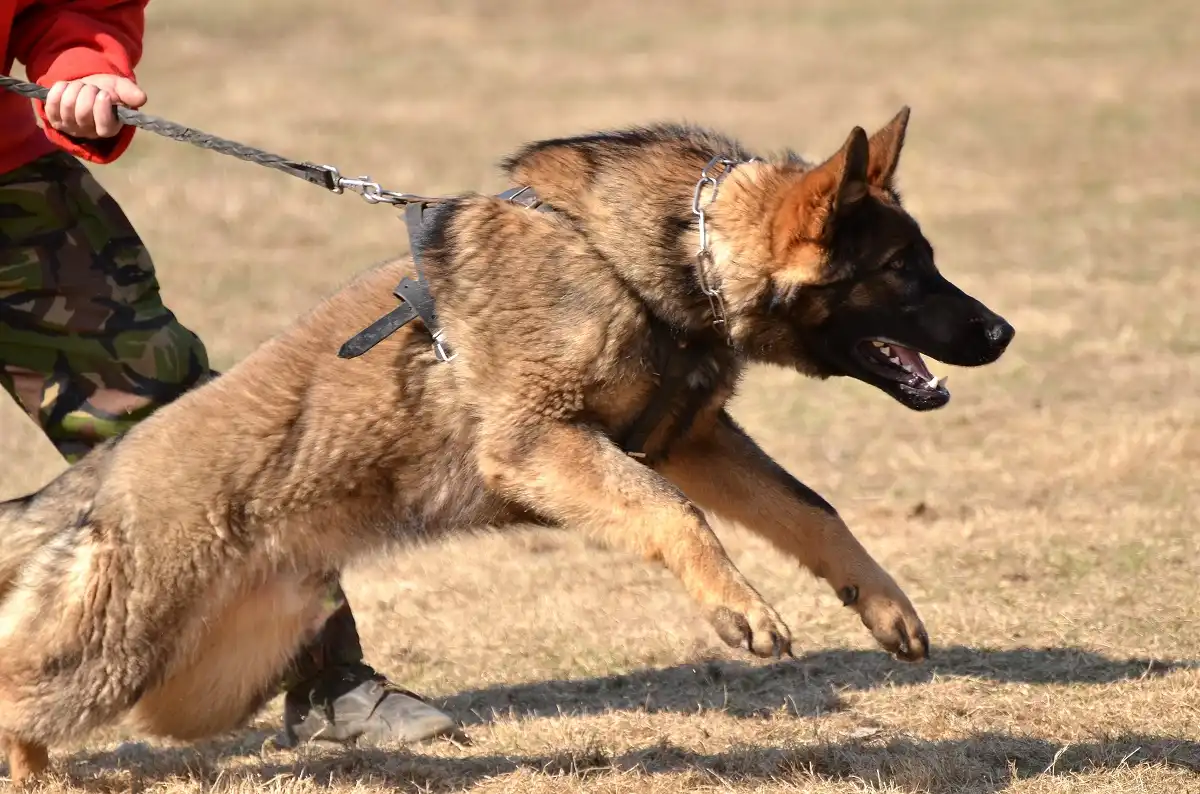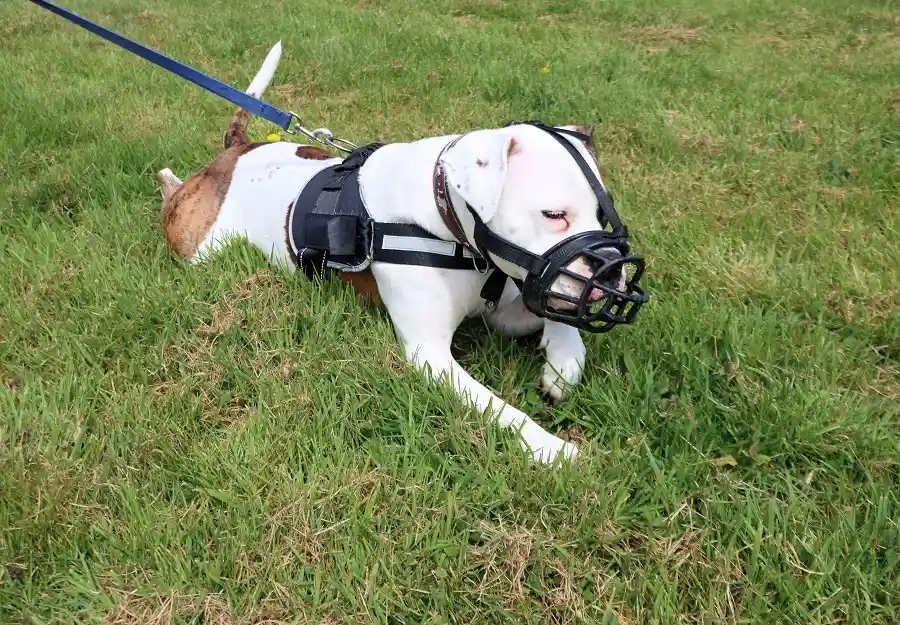There is no fee unless we win!
EN

- EN
- ES


A dog attack happens in an instant, but the physical and emotional scars can last a lifetime. One moment, you’re enjoying a walk, visiting a friend or delivering a package for your job, and the next, you’re in excruciating pain, left with deep wounds, nerve damage, or even permanent disfigurement.
In Washington State, dog owners can be held accountable when their pet causes harm, but many victims don’t realize their legal rights or how to seek compensation for medical bills, lost wages, and emotional trauma. With an estimated 4.5 million dog bites occurring in the U.S. each year, it’s a far more common — and devastating — injury than people realize.
Our Seattle dog bite attorneys help victims navigate these complex situations. Keep reading to learn what you need to know if you or a loved one has suffered from a dog attack.
People who are attacked by a dog can demand money for their injuries, damages, and pain and suffering. If dog owners have homeowner’s or renter’s insurance, these policies are usually involved in any dog bite litigation.

Compensable damages in dog bite cases typically include:
For children who suffer dog bites, compensation may also include future cosmetic procedures to address scarring as they grow. However, most young children have to live with facial and other bodily scars for their entire childhood until they are in their early 20s, when scar revision surgery can be done.
In Washington, the legal "owner" isn't always limited to the person on the dog's registration. Anyone who harbors, keeps, or controls a dog can be held responsible for its actions. This means that even temporary caretakers or those who provide shelter might be considered owners for the purposes of liability in a dog bite incident.
Washington State follows what's known as "strict liability" for dog bites, which makes the legal landscape fairly straightforward for victims. Unlike some states that follow a "one bite rule", Washington holds dog owners responsible regardless of whether their dog has previously shown aggressive behavior.
Under RCW 16.08.040, the owner is legally responsible for the victim's damages when a dog bites someone.
The law states explicitly that it doesn't matter if:
This strict liability applies when the victim is:
However, there are some exceptions to owner liability:
The law also extends to damages caused to other animals. For example, if one owner's dog attacks and injures another person's pet, the attacking dog's owner is responsible for veterinary costs and other related damages.

Washington State doesn't have a single leash law that applies everywhere.
Instead, leash requirements vary by location:
Even without explicit leash laws in certain areas, all Washington dog owners have a duty to prevent their pets from causing harm. If your dog is known to be aggressive, added precautions are legally required regardless of local leash laws.
In most urban and suburban areas throughout Washington, keeping your dog leashed in public is good practice and often legally required. Dog owners who ignore leash laws face potential liability for bites and any injuries their dogs cause, such as knockdowns or bicycle accidents.
If you or a loved one has suffered a dog bite incident in Washington, taking prompt and proper action can protect both your health and your legal rights:
Don't downplay your injuries or accept quick settlement offers from insurance companies before consulting with an attorney. Dog bite injuries often have long-term consequences that may not be immediately apparent.
Reporting a dog bite to local animal control is essential for several reasons:
When filing a report, be prepared to provide:
Animal control will typically investigate the incident and may quarantine the dog to check for rabies. They'll also determine if the dog should be classified as "dangerous" under local regulations.
In Washington State, you don't have unlimited time to pursue compensation after a dog bite incident. The state has established a specific statute of limitations that governs when you must file your claim.
Under Washington law (RCW 4.16.080), dog bite victims have three years from the date of the attack to file a legal claim. This window applies to personal injury claims, including dog bites and attacks.
There are instances where this timeline might be extended:
However, these exceptions are limited and shouldn't be relied upon without legal advice.

Many dog bite victims worry about what will happen to the animal after a bite is reported.
The consequences for the dog depend on several factors:
Typical outcomes include:
It's important to understand that filing a personal injury claim against the owner has no direct bearing on whether the dog will be removed or euthanized. That decision is made independently by animal control authorities based on public safety considerations, not your legal action.
Washington state law doesn't label dogs dangerous solely based on their breed. While any dog has the potential to bite, local jurisdictions retain the power to enact breed-specific rules. Dogs and their owners can often bypass these restrictions by demonstrating responsible behavior through assessments like the AKC Canine Good Citizen Test.
The complex nature of dog bite cases makes working with a highly skilled attorney essential. At Lehmbecker Law, our Washington dog bite lawyers understand the nuances of these cases and fight to get you the most money possible for your injuries. Contact us today for a free consultation to discuss your case and learn about your rights to compensation.

We have been fighting for dog bite victims for almost 40 years. Our attorneys handle communications with insurance companies, gather evidence to strengthen your claim, and fight for the most money possible for your injuries. Call us before it’s too late!